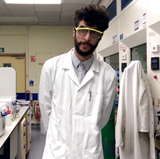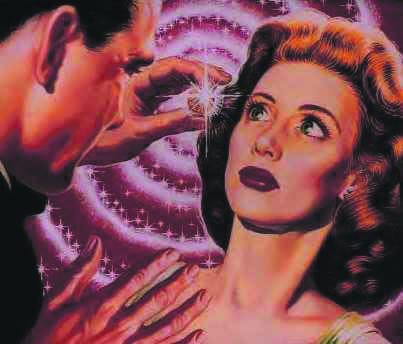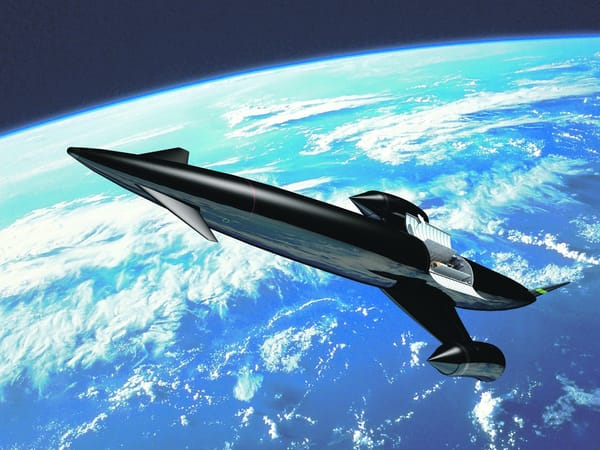Quantum Uncertainty, Does God play dice?
The latest Friends of Imperial lecture
The most recent Friends of Imperial event was a lecture by theoretical physicist Antony Valentini given to a packed SAF lecture theatre. The topic, Quantum Uncertainty, was a popular one: the fact that the half the audience had iPads and the other half had walking sticks —and one rather cool gentleman had both — represented the diverse crowd that such a topic could attract. Most theoretical physics lectures that generate large audiences do so off the back of a German man with distinctive hair, and this talk was no exception. The sub-heading of the lecture was taken from a famous letter from Albert Einstein to Max Born, in which he wrote: “Quantum mechanics is certainly imposing. But an inner voice tells me that it is not yet the real thing. The theory says a lot, but does not really bring us any closer to the secret of the ‘old one.’ I, at any rate, am convinced that He does not throw dice.”
In the broad introduction to the field Dr Valentini agreed with Einstein’s sentiment, deriding the “pseudo-spiritual” nature of most popular interpretations of quantum mechanics, describing the uncertainty principle as mysticism and complaining that to view a solid definable concept of reality as old fashioned as wrong.
His alternative theory focused around an overlooked quantum mechanical model, the Pilot-wave theory of motion proposed by Lois de Broglie. Using the same mathematics as the much more commonly recognised Copenhaagen Interpretation, the Pilot wave theory results in a deterministic interpretation of quantum dynamics, hence the idea that God does not play dice. By explaining everything without recourse to equations, Dr Valentini struggled at times to satisfactorily explain all his concepts, but given the complexity of the topic at hand, the audience did its best to keep up. This was especially the case towards the end of the talk, where definitive proof of more deterministic quantum theory was apparently to be found in the Cosmic Microwave Background Radiation, due to the conditions in the universe just after the big bang being different to as they are now.
The lecture ended there, as this was as far as current research extends. It felt a little unorthodox for a public lecture to have such an open ended finale with no answers, but it gave a good impression of the challenges facing Dr Valentini and his colleagues. It seems lonely being at odds with a large portion of the scientific community, but the lecture was a fascinating insight into the fundamental questions remaining in a field which many people considered wrapped up.










